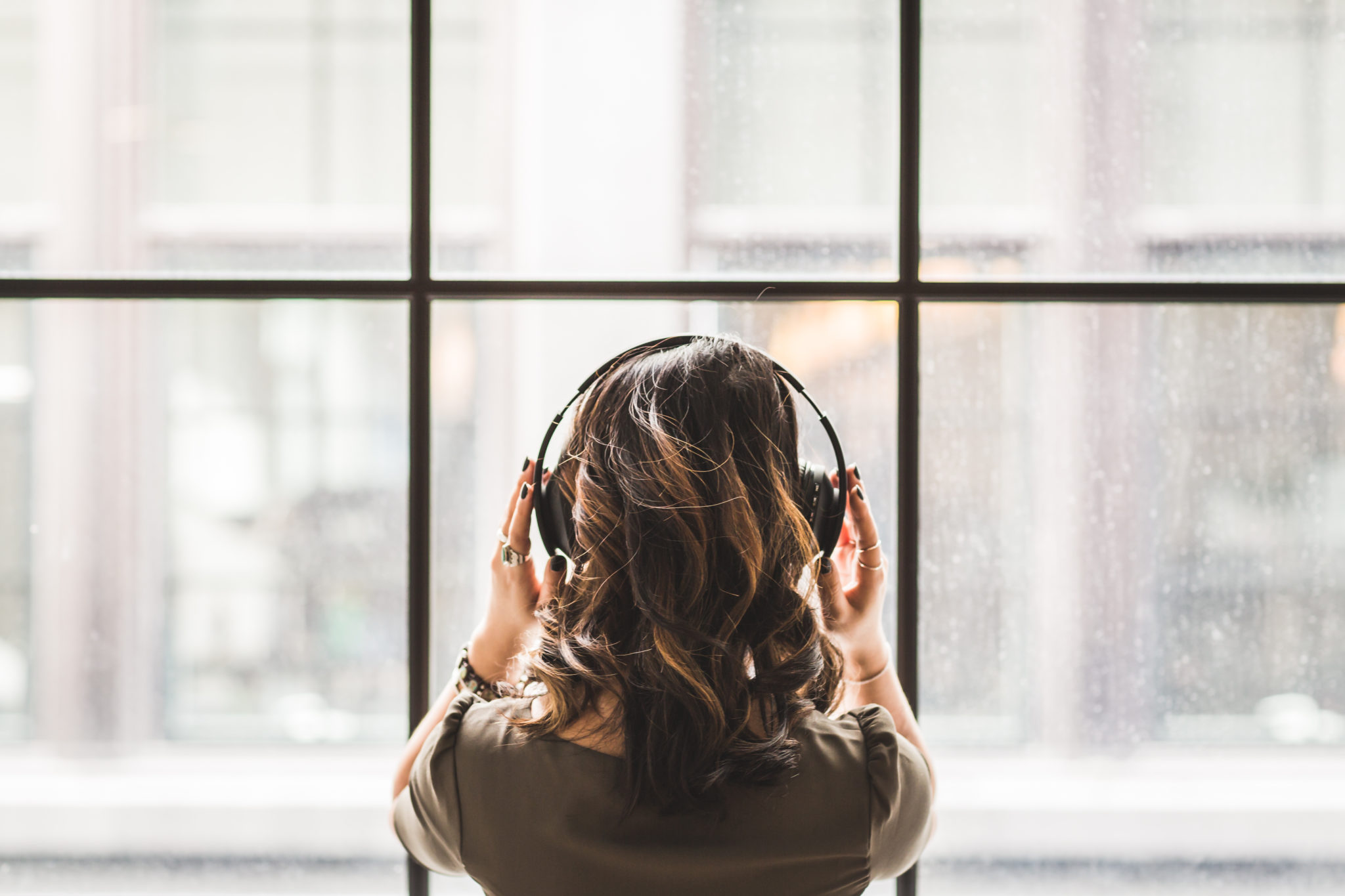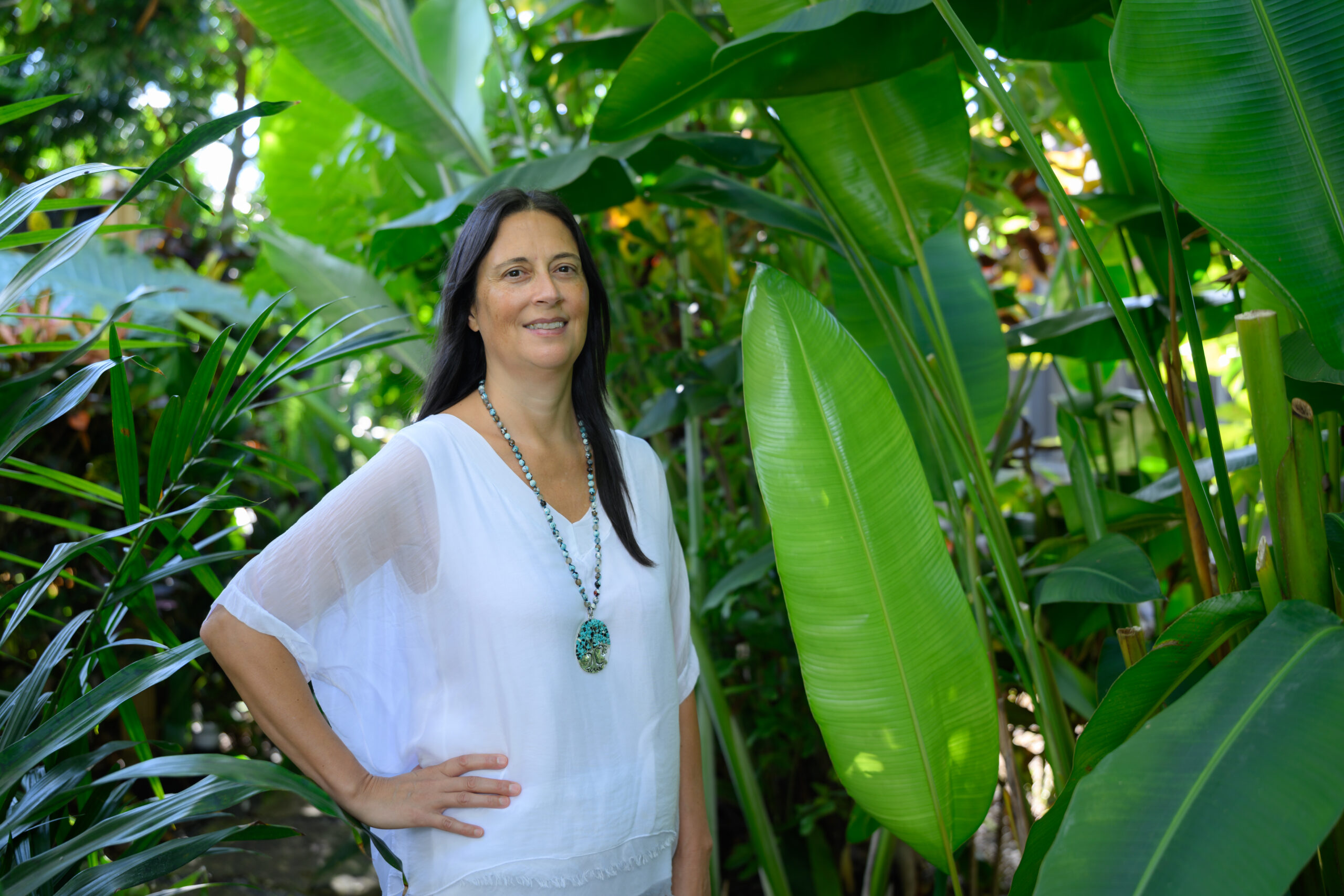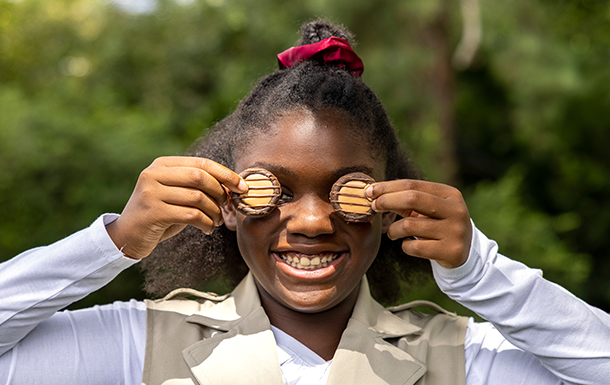
At the Hearing Center of Broward and Palm Beach, patients who visit audiologist Kimberly White are typically retirees, reflecting the fact that most people who experience hearing loss are 60 and older. But White’s concern for hearing health extends to people of all ages.
About 48 million Americans have hearing loss, White says, but only 30 percent of those use hearing aids. Five in 1,000 children will lose hearing at birth, and 15 to 20 percent of teenagers can have hearing loss, making hearing health important for all ages.
“Typically, by the age of 40, we all start to notice problems with our hearing,” White says. “It takes the average person anywhere from seven to 15 years to do something [about it].”
White, who has worked at the Hearing Center’s Creek location for 13 years and has a doctor of audiology degree from A.T. Still University in Arizona, shared what everyone should know about their hearing.
Causes. While hearing loss can be age-related, it’s not caused by age. Several factors can contribute to hearing loss, including genetics, some medications and antibiotics and viral infections.
“Did you work in noise? Are you in the military? Are you a hunter? Do you go to a lot of concerts? … All of those things have a lasting effect on your hearing, and over time, it just starts to degrade,” White says. “It’s not that when you hit 60, your hearing goes; it’s what happened to you before that can cause it.”
Protecting your hearing. When it comes to noise exposure, focus more on loudness. White recommends downloading a sound level reading app to help you gauge how loud your surroundings are.
“If it’s over 100, 110 decibels, and you’re going to be there for any length of time,” she says, “that’s when I would look to put ear protection in.”
Keeping it sharp. There are three types of hearing loss, depending on which part of the ear is affected. Damage to the middle ear (known as conductive hearing loss) usually can be repaired. Inner ear nerve damage typically requires hearing aids. It’s important to address hearing loss to avoid auditory deprivation.
“The ear gets the signal; the brain has to figure it out,” White says. “The longer we go from keeping that connection going, the brain loses the ability to maintain that connection. So, when you do decide to act, the benefit could be less.”
Don’t panic. Damage to nerves in the cochlea can cause ringing in the ears (tinnitus). However, hearing loss does not cause tinnitus.
In fact, White says, about 25 percent of Americans have ringing in their ears at some point every year. Still, it’s important to check on it.
“If you have any ringing in your ears, you should always have your hearing checked to see if there’s a correlation,” White says. “If it’s constant, it may be something you want to speak to your doctor about. If you’re on medication, you could take it to your pharmacist, and they can look to see if that’s one of the causes [of] the medication.”
Get tested. The Hearing Center offers free hearing evaluations, which typically last about a half-hour and include a test to make sure the eardrum is functioning properly. White especially suggests those who are 40 to take an exam as a benchmark.
“We want to see what your good hearing is so that if you start noticing a problem,” she says, “we can see how much of a decrease there’s been.”
About the Hearing Center
The Hearing Center of Broward and Palm Beach was founded more than 30 years ago and has six locations in Broward County, including Coconut Creek (4887 Coconut Creek Parkway). The hearing center’s services include hearing tests, diagnostic testing based on referrals, earwax management, oral rehabilitation, hearing aids and more.
Visit hearingtoday.com.















